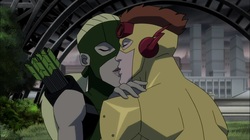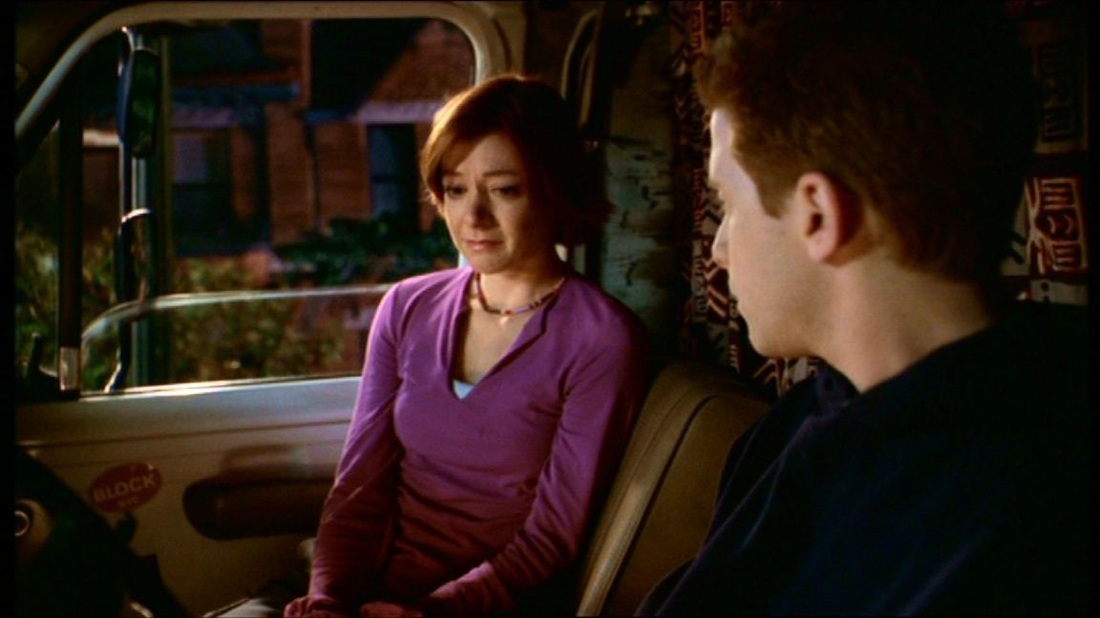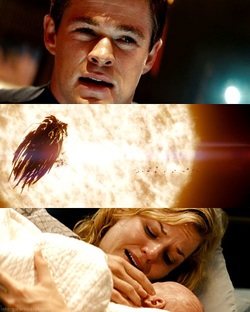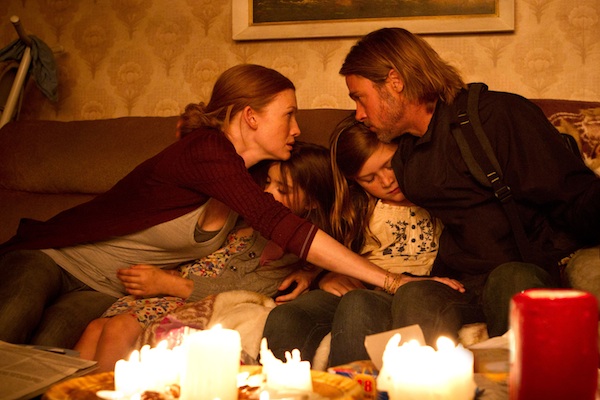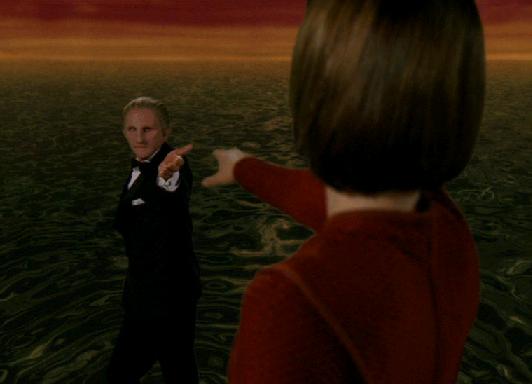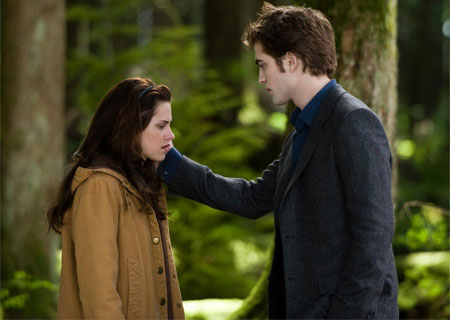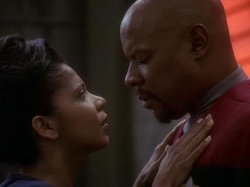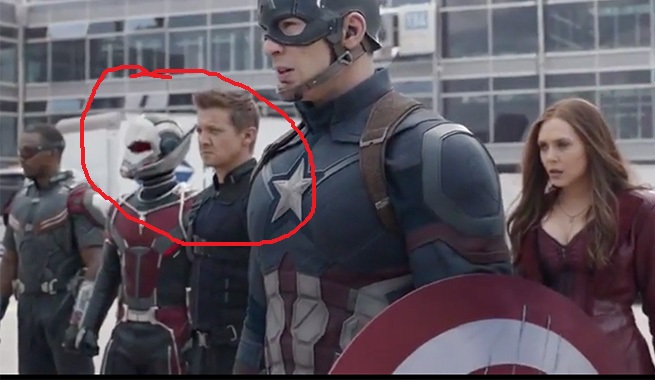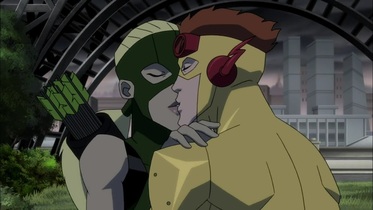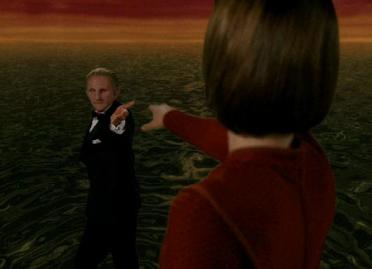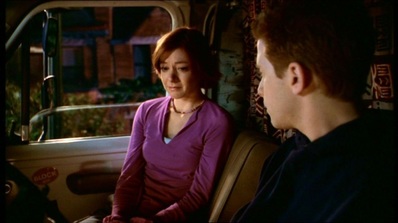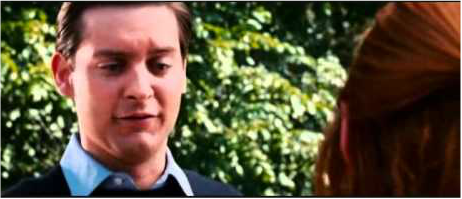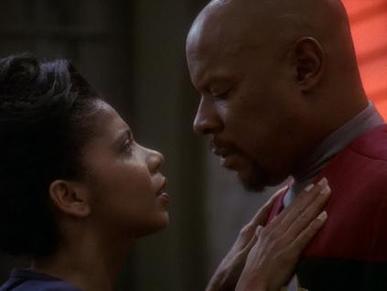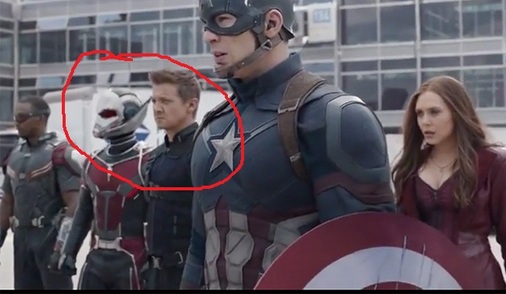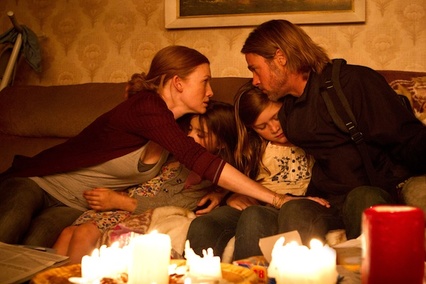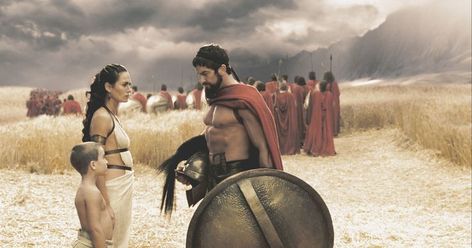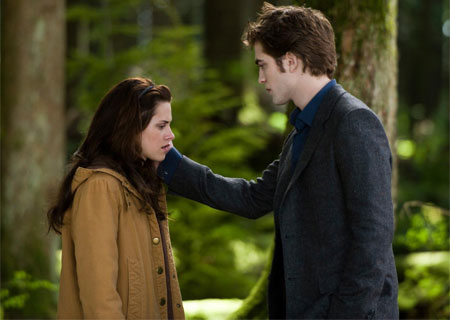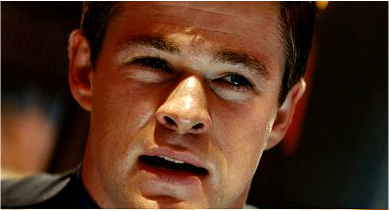Fiction Pet Peeve: Rape Gang Alley.
Fiction Pet Peeve: That Thing Designed for Dramatic Effect and Nothing Else.
Oh, whom to call out this week! There are so many to choose from. As a completely isolated occurrence, this trope might be a minor annoyance, but what launches it to top five list peeve status is the fact that it happens all the time.
Seriously, go to a summer blockbuster, and you’ve got a good eighty percent chance of witnessing it. Possibly two or three times.
So where to start…
What the hell, let’s just shotgun it.
List not exhaustive. Not remotely.
This is that moment when the hero abandons the love interest (or occasionally another variety of living motivator, as in the case of Ant Man and his daughter below) to go be somewhere more important.
Sometimes this involves saving the world,
Or another world.
Sometimes it’s about personal angst.
Sometimes the hero is literally given no choice.
Sometimes the important someplace else the hero is going is simply away, in some condescending effort to protect the character left behind.
Because of course only the hero knows best.
Sometimes the parting is a tragic tearfest.
Sometimes it only exists implicitly, and the inconvenient abandoned characters are swept unceremoniously under the rug.
Sure, their hitching-a-ride maneuver together in Civil War was cool, but at last report, Hawkeye was retiring to spend time with his wife and kids, and Ant Man had just spent his solo debut movie fighting to clear his name in order to win visitation rights with his daughter.
What the hell are they both doing here at all, much less helping the side of the Civil War conflict that will brand them both international supercriminals? Why is there only a passing moment of questioning this decision for Hawkeye, and none at all for Ant Man?
Not that paying attention to the abandonment scene is necessarily better. Once the hero makes the intention to leave known, whatever the reason, the love interest is then put in the absolute no-win position of playing the part of the whining, nagging, “what about meeee?” hindrance to what needs to be done,
Or saying something to the effect of, “Oh, I understand, of course you’re more important that I am!”
This is that moment that draws the line in the sand between primary and secondary characters. Between the characters whose choices matter, and the ones whose choices don’t. Those who will be treated as heroes, and those who will be treated as motivators or obstacles for the plots of those heroes.
Or, in those cases where the abandoned character is inescapably main, it serves as a telling test of the respect the abandoning character (and maybe the author) has for the abandoned character as a decision-maker.
Okay, there is some emotional human truth hidden in a few of the less egregious instances of this trope.
Most people who enter into a romantic relationships in real life probably struggle at some point with balancing the responsibility to partner and family with the responsibility to self, personal goals, and any non-relationship-related feelings of one’s purpose in life.
It’s not always easy, people screw up, and not all couples can find a functioning balance. That’s a completely legitimate piece of the human experience to explore, and certainly one that would be exacerbated by the lifestyles of superheroes and similar archetypes.
Plus, when we think about the term “hero” as something more than a synonym for “protagonist,” we’re thinking of someone willing to make personal sacrifices for the greater good. Giving up the chance to live a long, happy life so that lots of other people will have that chance falls under that description.
Then there’s the fact that we only have so much room to care about so many main characters at once. Sometimes a story really does demand pushing away the extras to give the hero that big moment. The final Harry Potter book would have lacked a certain amount of that “coming full circle” feeling if Ginny had tagged along on the horcrux hunt with the original central trio, for example.
The issue is that the pervasive and unremitting use of this moment, which sorts one lover onto the hero side of the line and the other onto the passive plot device side, the pattern that emerges is quite clearly, “Romantic love does not require the mutual respect and effort of two equals.”
Worst of all (and truthfully the crux of this peeve) is the way this implication combines with the fact that the vast, vast majority of the heroes who do the abandoning in this trope are male, while the love interests are not only female, but are frequently the sole female representation in the story, or even lazily attempted token examples of female strength.
This compounds the message that “Romantic love does not require the mutual respect and effort of two equals,” making it into “Women exist only as needed to add romantic subplots to the lives of men, and have no priorities or abilities outside of loving men and caring for their children. Men, on the other hand, lead full, varied, meaningful lives which may include romance, women, and children, though these are often dangerously tempting distractions from more important matters.”
A message that gets repeated and re-affirmed over and over and over again, through infinite little fictional moments like these, each with its own excuse of varying flimsiness.
Sigh.
Think I’m going to stay in tonight and rewatch Mad Max: Fury Road.
Agree? Disagree? Comments are always welcome! Or keep up with my fictional musings by joining me on Facebook, Pinterest, Twitter, or by signing up for email updates in the panel on the right!
